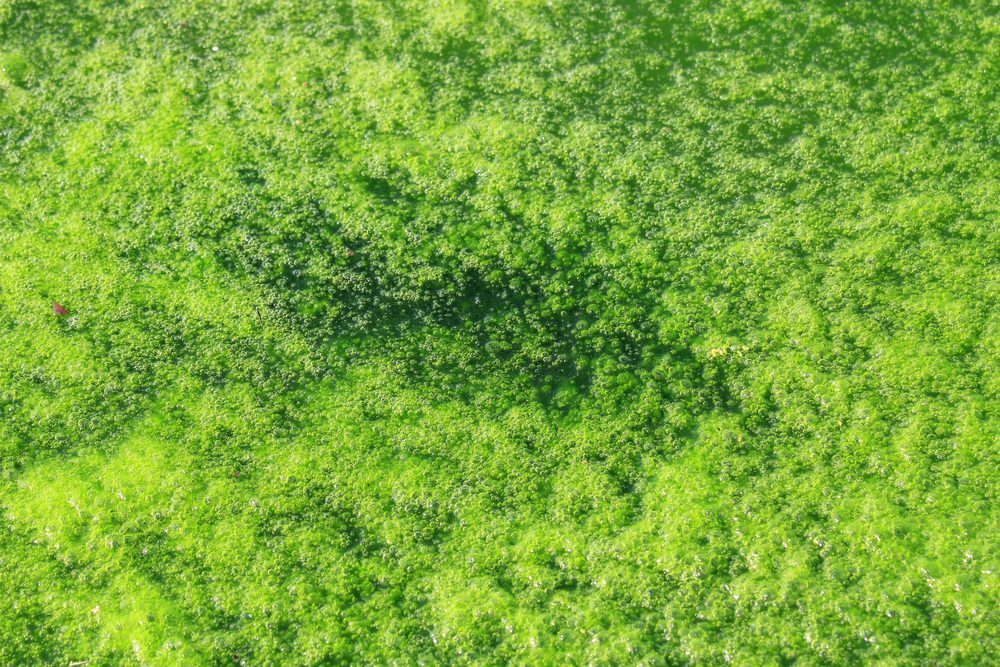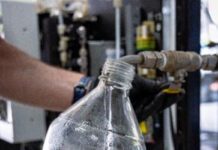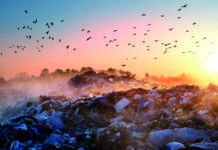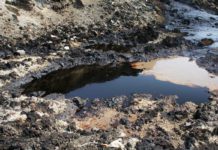
A ground-breaking project aims to use live algae to offset the costs of mine water remediation by turning the treated water into biofuel.
The work is being undertaken at the Wheal Jane mine near Truro, in Cornwall, which has lain disused since 1992, and involves a collaboration between the universities of Bath, Bristol, Cardiff and Exeter (the G4 Alliance), in addition to Plymouth Marine Laboratory (PML), the Coal Authority, and waste expert Veolia.
Water from the mine will be sampled and used to grow algae which the group believes could prove effective at removing heavy metals and other harmful compounds like arsenic. Subsequently, as the group aims to explore, the algae could be converted into a solid from which precious heavy metals can be extracted and recycled for use in the electronics industry. The remaining solid waste would then be used to make biofuels.
The use of live algae to clean up acidic mine water is believed to be something of a first.
Ordinarily, the conversion of algae to biofuel is a costly process, from a processing point of view. In this case the researchers hope to scale the process up to such a degree that the amount of biomass fuel available will make it economic. At this stage researchers need to solve the problem of “how can we grow algae in the smallest space possible?”
Dr Chris Chuck, Whorrod Research Fellow from the University of Bath’s Centre for Sustainable Chemical Technologies, said: “It’s a win-win solution to a significant environmental problem. We’re putting contaminated water in and taking out valuable metals, clean water and producing fuel.
“This technology could be applied to any type of mine or could even be used to clean up industrial effluent in the future.”
Dr Mike Allen, Microbial Biochemist at PML, said: “Acidic waste run off from mines is not a regional issue restricted to Cornwall, it’s a global problem. It’s a particular problem in the developing world where costly clean-up and remediation activities are ignored because of their high cost and low return.
Significantly, the project is working with algae present at the site, rather than introducing foreign species because “we would not know what their impact would be”, as Chuck has stated.







